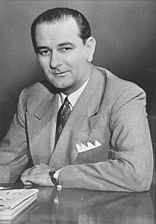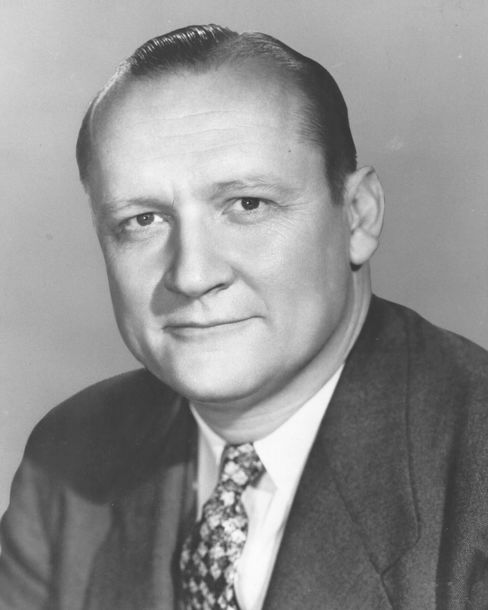United States Senate special election in West Virginia, 1956
|
|
||||||||||||||||||||||||||||||||||||||||
|---|---|---|---|---|---|---|---|---|---|---|---|---|---|---|---|---|---|---|---|---|---|---|---|---|---|---|---|---|---|---|---|---|---|---|---|---|---|---|---|---|
|
||||||||||||||||||||||||||||||||||||||||
|
35 of the 96 seats in the United States Senate 49 seats needed for a majority |
||||||||||||||||||||||||||||||||||||||||
|
||||||||||||||||||||||||||||||||||||||||

Democratic gain Democratic hold Republican hold Republican gain
|
||||||||||||||||||||||||||||||||||||||||
|
||||||||||||||||||||||||||||||||||||||||
The United States Senate elections of 1956 (and subsequent special elections in 1957) were elections for the United States Senate that coincided with the re-election of President Dwight D. Eisenhower. Although the Democrats gained two seats in regular elections, the Republicans gained back two seats in special elections, leaving the party balance of the chamber remained unchanged.
Democrats defeated incumbents Herman Welker (R-ID), George H. Bender (R-OH), and James H. Duff (R-PA), as well as winning a Republican-held seat in Colorado. Republicans defeated incumbent Earle C. Clements (D-KY) as well as winning Democratic-held seats in Kentucky, New York, and West Virginia.
Thus, this election caused Kentucky's U.S. Senate delegation to change from two Democrats to two Republicans.
During the next Congress, Republican John D. Hoblitzell, Jr. was appointed to the seat of deceased Senator Matthew M. Neely (D-WV), and Democrat William Proxmire won a special election to fill the vacancy created by the death of Senator Joseph R. McCarthy (R-WI). Also, Price Daniel (D-TX) left the Senate to become governor of Texas, and Democrat Ralph Yarborough won a special election for that Senate seat. The net result was to leave the party balance unchanged.
...
Wikipedia


